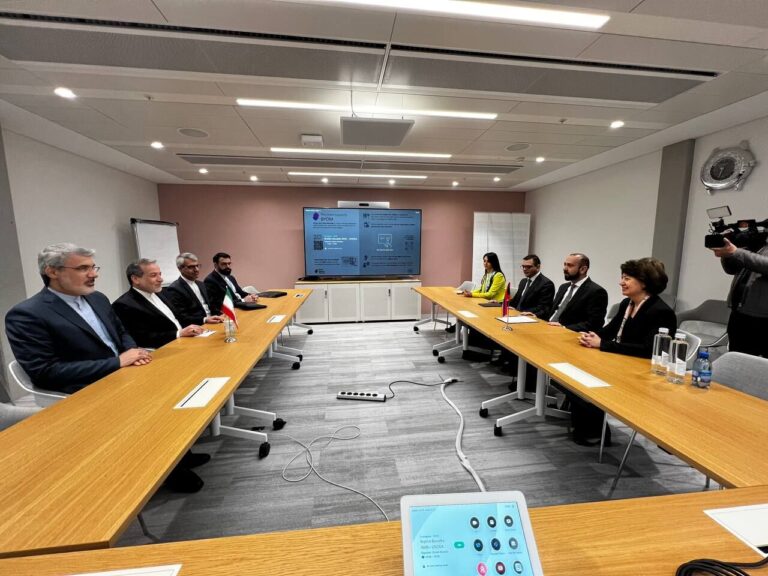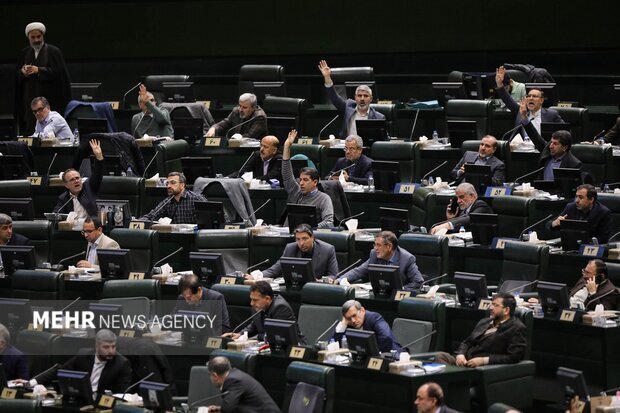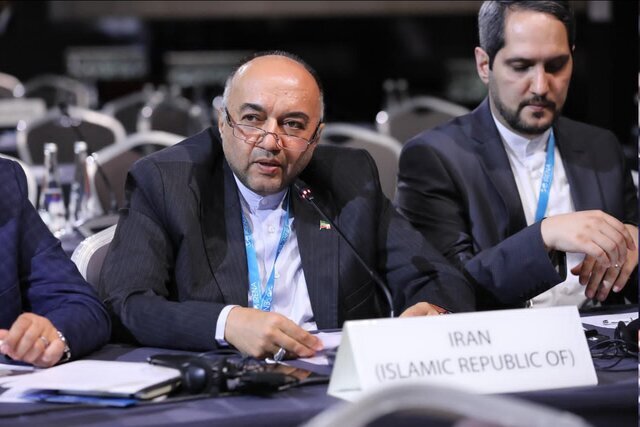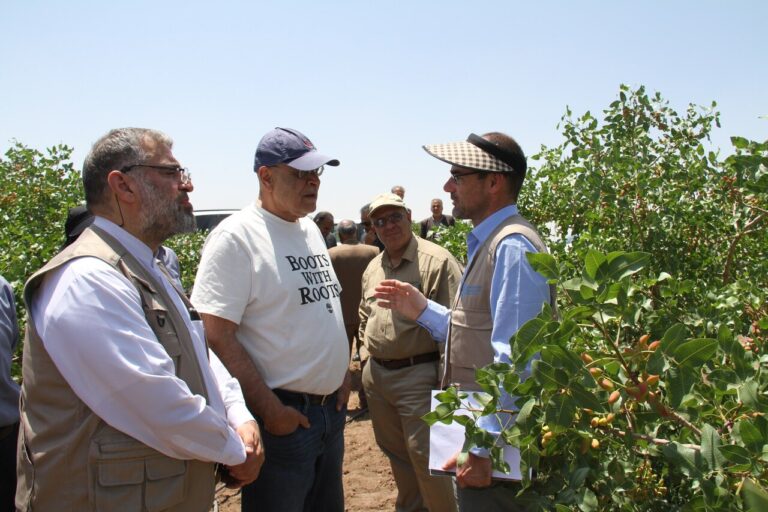China and UNAIDS Join Forces to Enhance Iran’s Rapid HIV Response Efforts
In a significant step towards bolstering Iran’s national AIDS program and enhancing HIV testing capabilities, the Health Ministry of Iran, in collaboration with the China International Center for Economic and Technical Exchanges (CICETE) and the Joint United Nations Program on HIV/AIDS (UNAIDS), recently held a pivotal meeting. This gathering aimed to share valuable expertise and accelerate Iran’s HIV response.
The two-day knowledge-sharing event took place in Tehran on April 29-30 and brought together over 30 experts from Iran, China, and UNAIDS. The focus was on establishing a domestic manufacturing capacity for HIV rapid diagnostics, a crucial move towards addressing the HIV testing gap in Iran.
This collaborative meeting was organized under a Joint Agreement signed between CICETE and UNAIDS in April 2024, backed by financial support from China within the South-South Cooperation framework. This agreement aligns with the priorities of Iran’s National AIDS Control Program and China’s Global Development Initiative, integrating supply chain management, capacity development, and knowledge exchange to strengthen Iran’s HIV response.
Central to this initiative is the aim to enhance the knowledge of HIV status, which is the first of the global 95-95-95 targets. This target emphasizes that by 2025, 95 percent of people living with HIV must be aware of their HIV status. Achieving this goal is pivotal for controlling the HIV epidemic in Iran.
Key discussions during the meeting were initiated by notable figures, including:
- Stefan Priesner – UN Resident Coordinator in Iran
- Eamonn Murphy – UNAIDS Regional Director for Asia-Pacific and Eastern Europe
- Xu Peng – Deputy Director of China’s National Center for STD/AIDS Prevention and Control (NCAIDS)
- Mohammad-Reza Rahbar – Advisor on International Affairs to Iran’s Deputy-Minister of Health
This project exemplifies the core values of multilateralism and lays the groundwork for future collaborations between Iran, China, and UNAIDS in the field of HIV and health. It also aligns with the biomedical and scientific cooperation framework announced by Iran’s Minister of Health, Mohammad Reza Zafarqandi, during his recent official visit to China.
National HIV Testing Campaign
In a complementary effort, the Iranian health ministry launched a national HIV testing campaign in November 2024. The month-long initiative aimed to boost public awareness and identify cases of HIV. The campaign was themed ‘I will take an HIV test, too,’ and focused on two primary objectives:
- Encouraging individuals to undergo testing for early diagnosis, which allows for timely treatment initiation.
- Providing educational programs in community settings, such as city centers and parks, to raise awareness about HIV.
HIV, or human immunodeficiency virus, significantly impacts the body’s immune system by targeting white blood cells, which weakens the immune response. This vulnerability increases the risk of contracting diseases such as tuberculosis, infections, and certain cancers. The most severe stage of HIV infection is known as Acquired Immunodeficiency Syndrome (AIDS).
Despite the ongoing efforts in Iran to combat HIV, several challenges remain. A notable issue is the insufficient availability of HIV-detecting programs, which hinders efforts to manage the disease’s spread effectively.
UNAIDS and Global Efforts
The Joint United Nations Programme on HIV/AIDS (UNAIDS) plays a crucial role in leading global efforts aimed at achieving zero new HIV infections, zero discrimination, and zero AIDS-related deaths. UNAIDS coordinates the activities of 11 UN organizations, including:
- United Nations High Commissioner for Refugees (UNHCR)
- United Nations Children’s Fund (UNICEF)
- World Food Program (WFP)
- United Nations Development Program (UNDP)
- United Nations Population Fund (UNFPA)
- United Nations Office on Drugs and Crime (UNODC)
- UN Women
- International Labour Organization (ILO)
- United Nations Educational, Scientific and Cultural Organization (UNESCO)
- World Health Organization (WHO)
- World Bank
These organizations collaborate with global and national partners to end the AIDS epidemic by 2030 as part of the Sustainable Development Goals. The joint efforts of Iran, China, and UNAIDS represent a significant stride towards this global objective, emphasizing the importance of innovation and cooperation in public health.
Through sustained collaboration and effective public health strategies, Iran aims to enhance its capacity to respond to HIV and ultimately contribute to the global fight against AIDS.






